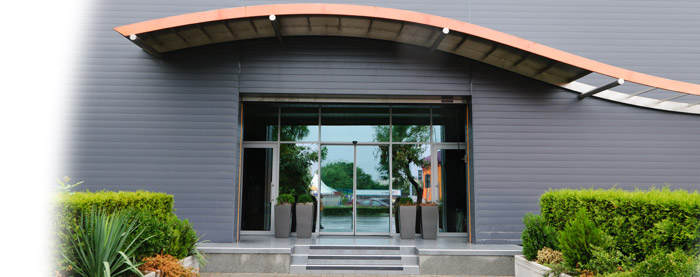-
November 26, 2021
Tchaikapharma High Quality Medicines obtained marketing authorisations for the Republic of Kosovo for the medicinal products Bilamcar 8 mg/5 mg; 16 mg/5 mg hard capsules and Ceftriaxon-Tchaikapharma 1 g; 2 g powder for solution for injection/infusion. The first deliveries are planned for early 2022.
Thus, the number of registered products of the company in Kosovo already exceeds 20.
-
November 22, 2021
The latest medicinal products to receive Marketing Authorization from the BDA and expand Tchaikapharma’s rich and diverse portfolio are:
– Tamaira Plus 5 mg/5 mg/12.5 mg; 5 mg/5 mg/25 mg; 10 mg/5 mg/25 mg hard capsules (with APIs ramipril, amlodipine and hydrochlorothiazide).
The medicinal product is indicated for the treatment of high blood pressure (hypertension) in adult patients adequately controlled with the individual products given concurrently at the same
dose level as in the combination, but as separate tablets.The medicinal product is subject to medical prescription.
ATC code: C09BX03
– Rivaroxaban-Chaikapharma 10 mg; 15 mg; 20 mg film-coated tablets (rivaroxaban).
The medicinal product belongs to a group of medicines called antithrombotic agents. By its action, it blocks one factor of blood clotting (factor Xa) and thus reduces the ability of blood to form clots.
Rivaroxaban 10 mg – is used to prevent clots forming in veins after hip or knee replacement surgery. It is used to treat clots in the veins of the legs (deep vein thrombosis) and in the blood vessels of the lungs (pulmonary embolism), and to prevent their re-formation.
Rivaroxaban 15 mg; 20 mg – is used to prevent clots from forming in the brain (stroke) and in other blood vessels of the body if the patient has one type of cardiac arrhythmia called non-valvular atrial fibrillation. It is used to treat clots in the veins of the legs (deep vein thrombosis) and in the blood vessels of the lungs (pulmonary embolism), and to prevent them from forming again.
The medicinal product is subject to medical prescription.
ATC code: B01AF01
-
July 7, 2021
The first half of this year did not bring much of a stir in stock trading as a consequence of both the development of the pandemic and the slow recovery of the economy.
However, at the end of June this year, the Bulgarian Stock Exchange had a public company with a market capitalization of more than one billion leva.
The share prices of Tchaikapharma High Quality Medicines AD reflect the business plans and financial results of the company and its market cap is going up. In early July it confirms its position as the most expensive company on the Bulgarian Stock Exchange.
The full article is published in the financial media Banker.
-
May 21, 2021
Tchaikapharma Highquality Medicines, a flagship company on the Bulgarian pharma market, started trading shares on the Bulgarian Stock Exchange (BSE) on 21 May 2015. On today’s date exactly 6 years ago, the initial offering price per share was BGN 3.59, and on 21 May 2021 – BGN 14.10. This represents a growth of 292.757% over the entire period and a CAGR of 25.6%. This impressive increase does not take into account any dividend received in the form of new shares over the years, which further enhances the return on investment (ROI).
After its market cap surpassed BGN 1 billion at the end of June 2020, Tchaikapharma remains the most expensive company on the BSE with a capitalization of BGN 1,159,020,000.
At the beginning of this year, the company changed its stock code – it is now THQM as of 15 February 2021.
-
February 23, 2021
SOFIA (Bulgaria), February 23 (SeeNews) – Bulgarian drug maker Tchaikapharma High Quality Medicines [BUL:7TH] said that its shareholders have approved its plan to borrow up to 14 million euro ($17.2 million) in order to finance the construction of a new production plant just outside Sofia.
The proposal was supported by all shareholders present at the meeting, representing 99.88% of the total voting rights, Tchaikapharma said in a stock exchange filing on Monday.
The loan, to be provided by local lender United Bulgarian Bank (UBB), will have an interest rate of between 2% and 3%. The eight-year loan agreement will have a three-year grace period.
Read the original article here.


